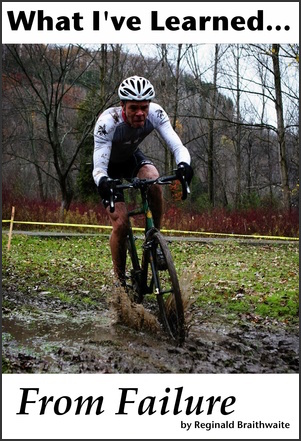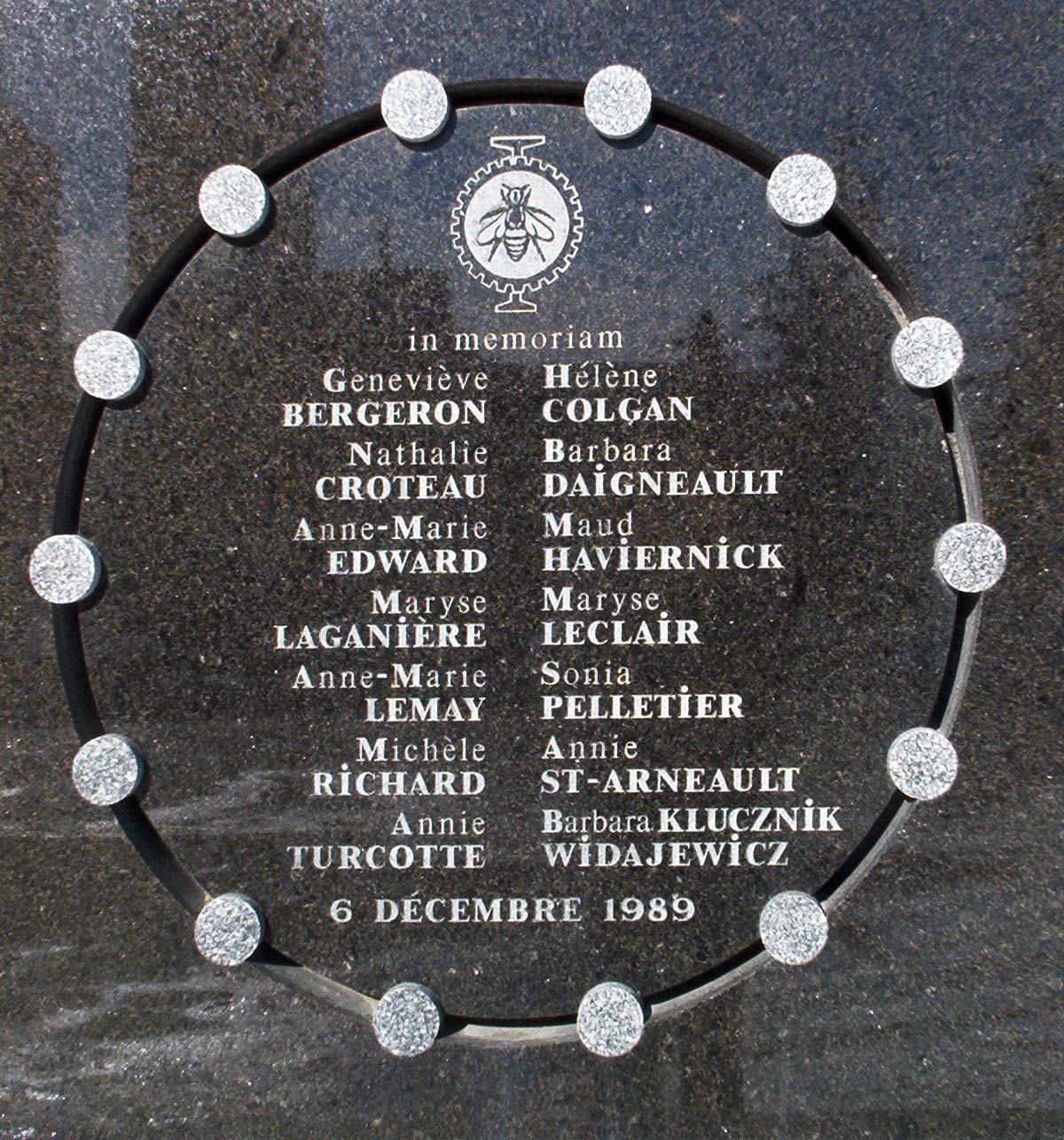mr. r. s. braythwayt,
esquire

What I've Learned From Failure


What I've Learned From Failure

Last Friday–December 6th–was the 30th anniversary of the École Polytechnique massacre. PagerDuty marked the anniversary with an event of observance and respect for the victims, women who were murdered because they wanted to be engineers, murdered by a man who could not tolerate women making their own career choices.

As part of the event, a few Dutonians were invited to share their story of overcoming the hurdles placed in the way of women who make “non-traditional” career choices. I was also invited, not to speak of my life, but to share my mother’s story.
Such stories are stories of overcoming obstacles with pluck and determination. And they are also stories of being enabled to overcome obstacles with a combination of circumstances and support. In my mother’s case, she became a systems analyst very much because of her determination.
But her road to using that determination included my Great-Grandfather and Great-Grandmother emigrating to Canada in the early twentieth century to find opportunity. Her road to using that determination included my Grandmother settling in North Toronto near two excellent academic schools.
Her road to using that determination included her family demanding that she be allowed to have an academic education. Her road to using that determination included taking up a career in data processing when it was very new, and there were opportunities for people to join the field without experience.
But for every woman with a story like my mother’s, how many stories do we not hear about women without the benefit of circumstance and support?
How many stories do we not hear about women who were not fortunate enough to be born in an economically advanced country?
How many stories do we not hear about women who despite being born in an economically advanced countries, did not grow up with access to an academic education nearby?
How many stories do we not hear about women whose families do not support their interest in an education or a career? How many stories do we not hear about women whose families actively oppose their making the choice to have an education and/or a career?
How many stories do we not hear about women who wish to take up a career in STEM, but find their way barred because they didn’t get the right kind of education, and it is extraordinarily difficult to overcome lacking the precise degree from the right kind of institution to obtain an entry-level position?
At PagerDuty, as with all inclusive and equitable organizations, we have the privilege of working with extraordinary women, women who have outstanding skills in their chosen profession, women who “Get Things Done,” women who lead and inspire and help everyone around them be better.
Their stories are all amazing and deserve to be told. They are stories of heroism, of triumph.
But until our society and our industry fully embrace inclusion and equity, there will continue to be stories of women who never got a chance to show us their pluck and determination. We may not hear them. They are not pleasant stories. They are not inspiring. They don’t make us feel good. They are stories of pathos and loss, not heroism and triumph.
But those stories matter, and if we wish to truly honour the victims of December 6, 1989 we must think of all the stories women have to tell, not just the inspirational stories.
Those stories are all around us. We can start by listening, and granting them the same attention that we pay to the stories of those who overcame.